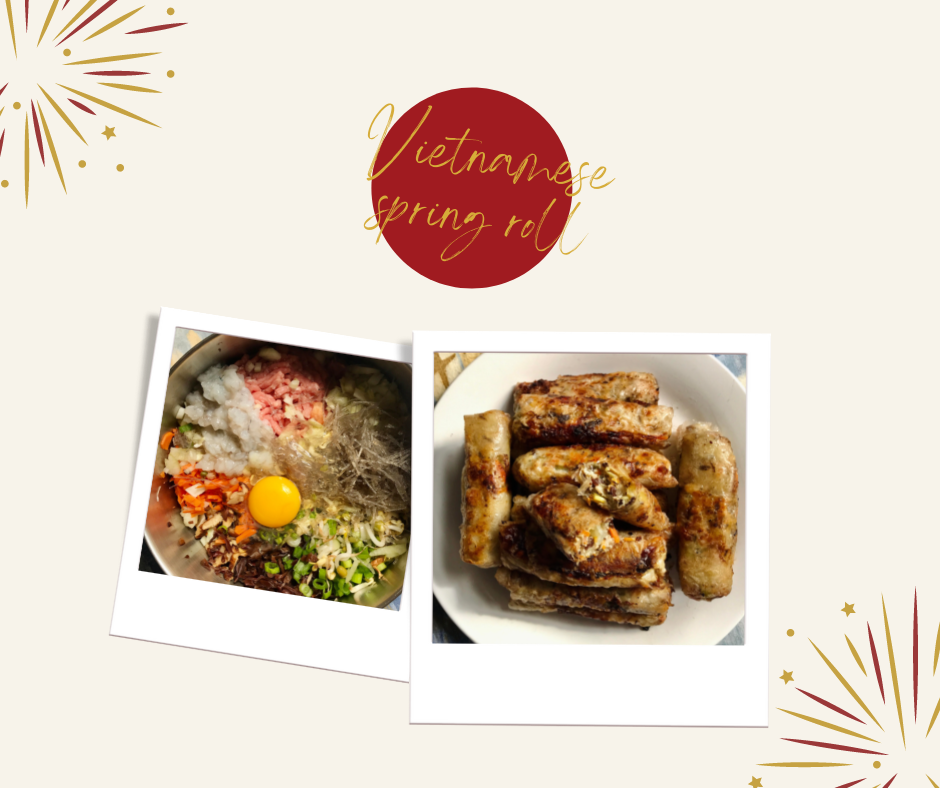 Produced by Hem
Produced by Hem
from India
MSc in Management with Business Analytics
 As an Indian student living in the UK, I have always been fascinated by the rich cultural traditions and customs of other countries. The Lunar New Year, also known as Chinese New Year or the Spring Festival, is one such tradition that has always caught my attention. The Lunar New Year is based on the traditional Chinese lunar calendar, and the date of the Lunar New Year changes each year. It is a time to celebrate the end of the winter and the beginning of the spring. It is celebrated for 15 days in China and other parts of East Asia.
As an Indian student living in the UK, I have always been fascinated by the rich cultural traditions and customs of other countries. The Lunar New Year, also known as Chinese New Year or the Spring Festival, is one such tradition that has always caught my attention. The Lunar New Year is based on the traditional Chinese lunar calendar, and the date of the Lunar New Year changes each year. It is a time to celebrate the end of the winter and the beginning of the spring. It is celebrated for 15 days in China and other parts of East Asia.
The origins of the Lunar New Year can be traced back to the Shang Dynasty (16th-11th century BCE) in ancient China, when the celebration was known as “shi ye” and was a time for paying respects to ancestors and gods. During the Han Dynasty (202 BCE-220 CE), the holiday became a time for people to gather with their families and make sacrifices to gods and ancestors.
2023 is the Year of the Rabbit, more specifically, Water Rabbit, starting from 22 January 2023, and lasting until 9 February 2024. Celebrations traditionally last for 16 days, starting from Chinese New Year’s Eve to the Lantern Festival. The most notable dates of the Lunar New Year 2023 are these three days:
- Chinese New Year’s Eve on 21 January 2023
- Chinese New Year’s Day on 22 January 2 2023
- The Lantern Festival on 5 February 2023
Growing up in India, I didn’t have much exposure to the Lunar New Year but being here in the UK and studying in a diverse community has given me the opportunity to learn more about it. I remember my first experience of the Lunar New Year celebration, I was struck by the vibrant colors, the delicious food, and the sense of community and family that surrounded the celebration.
One of the things that I find most interesting about the Lunar New Year is its emphasis on family and community. It’s a time for people to come together, reconnect with loved ones and make memories that will last a lifetime. It’s a reminder to slow down and appreciate the people in our lives and to be grateful for the blessings we have.
I also appreciate the emphasis on good luck and fortune. The customs and traditions associated with the holiday, such as cleaning the house before the Lunar New Year, and wearing red clothing during the holiday, all symbolize the desire for good luck and prosperity in the coming year. And the Dragon and Lion Dance, fireworks, and traditional foods all play a part in the celebrations and are believed to bring good luck and prosperity.
As an Indian student, I am grateful to have the opportunity to learn about and experience different cultural traditions like the Lunar New Year. It has given me a deeper understanding and appreciation of the rich cultural heritage of other countries and has allowed me to broaden my perspective.
Personally, I am looking forward to learning more about the Lunar New Year, understanding its significance, and participating in the celebrations. As we approach the Lunar New Year of 2023, the Year of the Rabbit, let us take a moment to appreciate the rich history and cultural significance of the Lunar New Year and look forward to the new beginnings it brings. Additionally, it is a time for people to exchange red envelopes filled with money and give well wishes to one another as a symbol of good luck, prosperity and happiness.
On Talbot Campus on Monday, our Students’ Union will be giving out red envelopes and free fortune cookies to mark this festival.

 My first Lunar New Year away from home as an international student
My first Lunar New Year away from home as an international student Why I returned to BU for my postgrad degree
Why I returned to BU for my postgrad degree My time with Nerve Media
My time with Nerve Media








